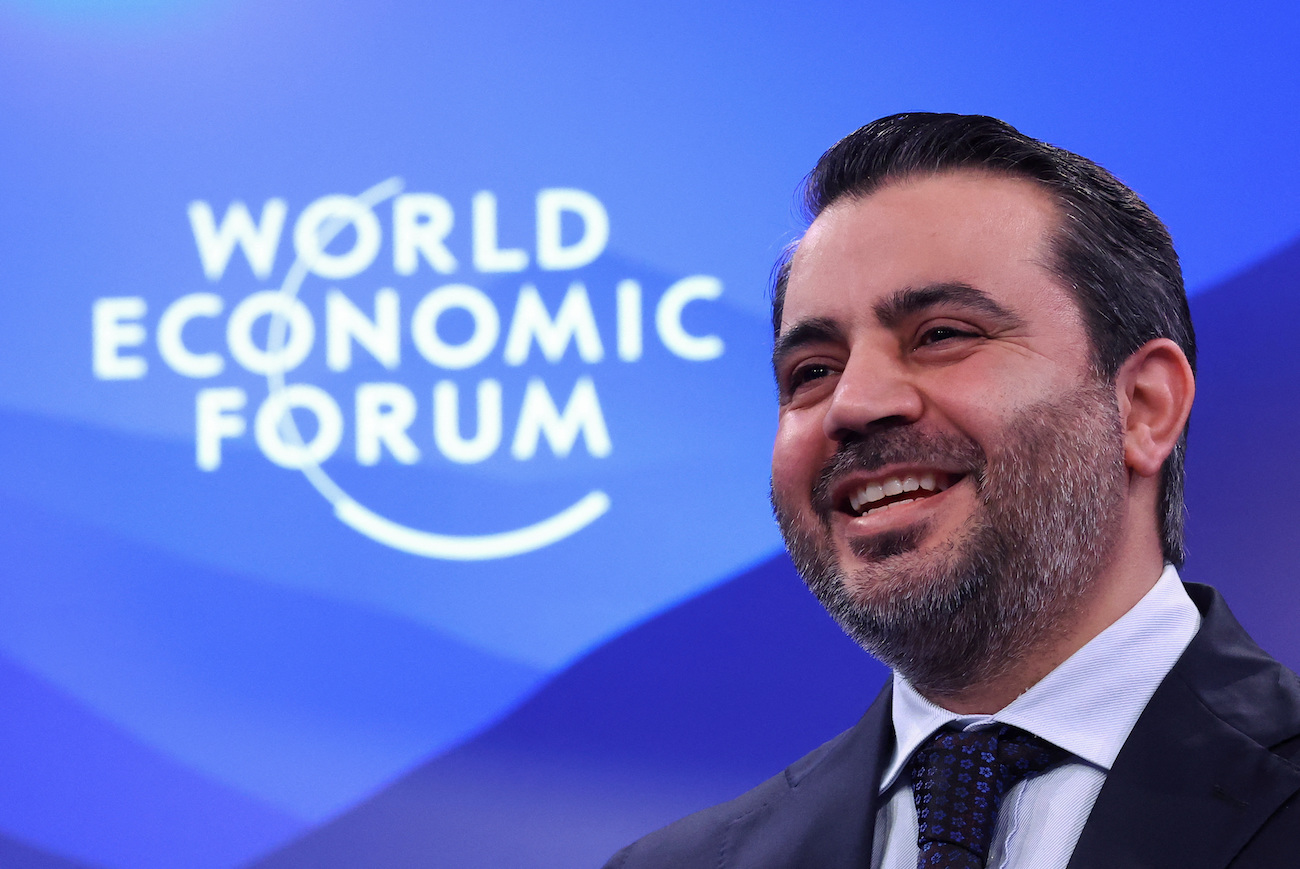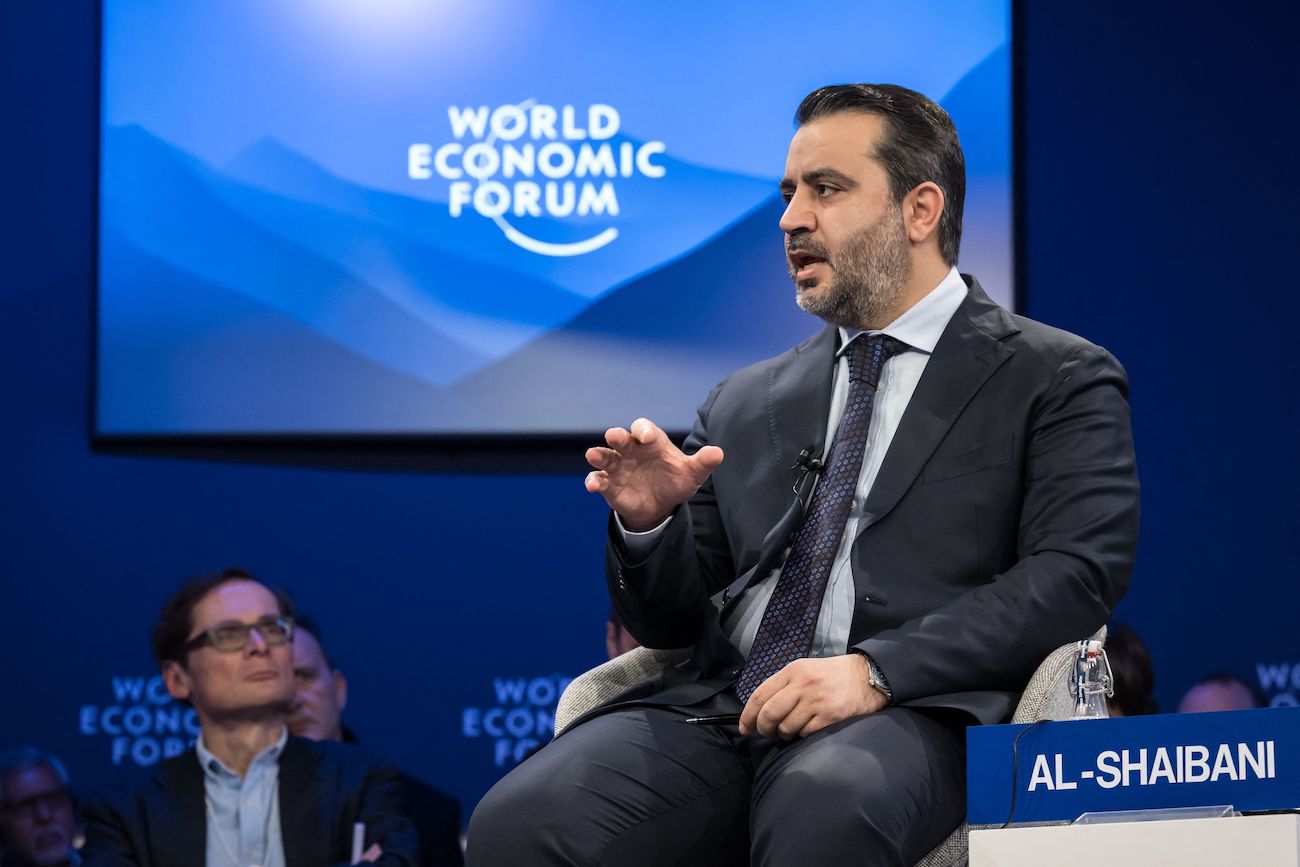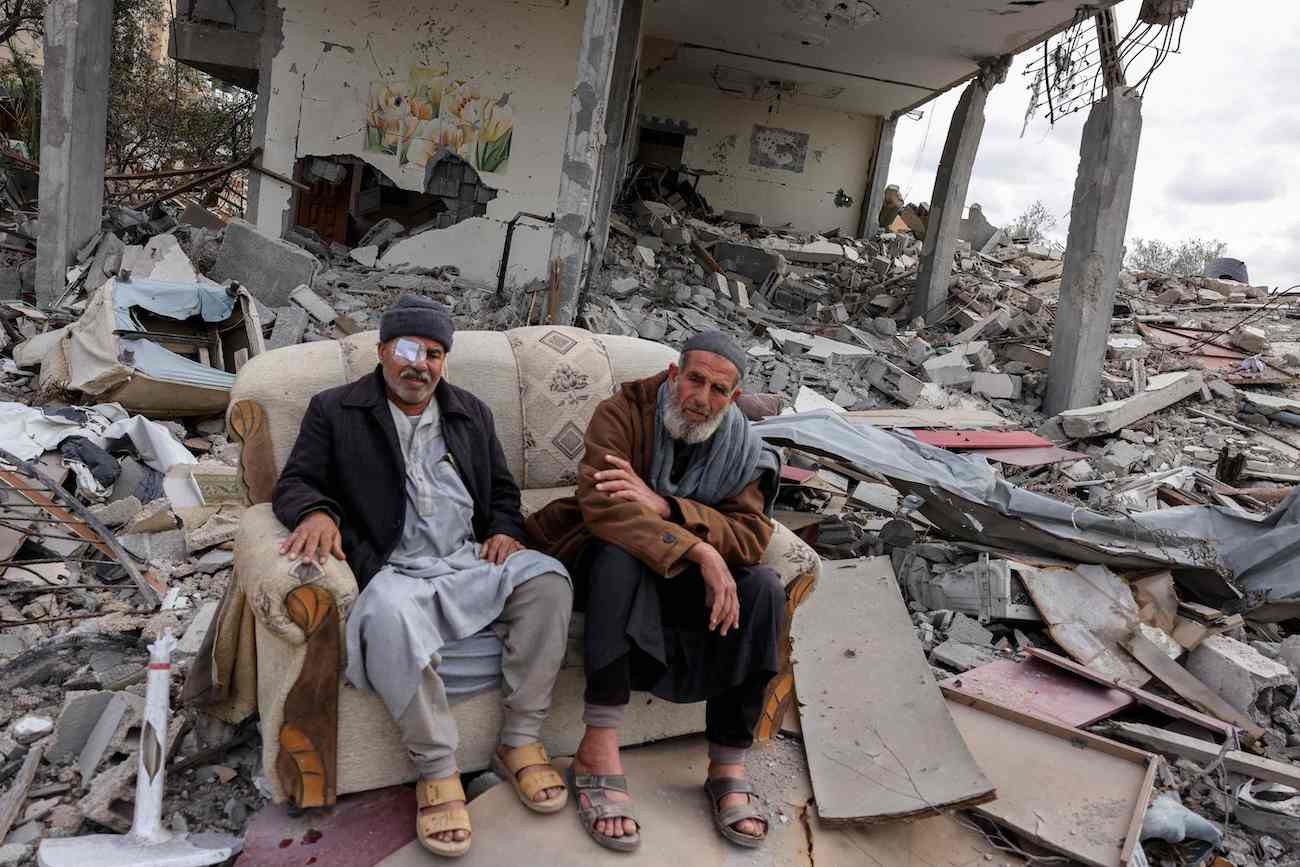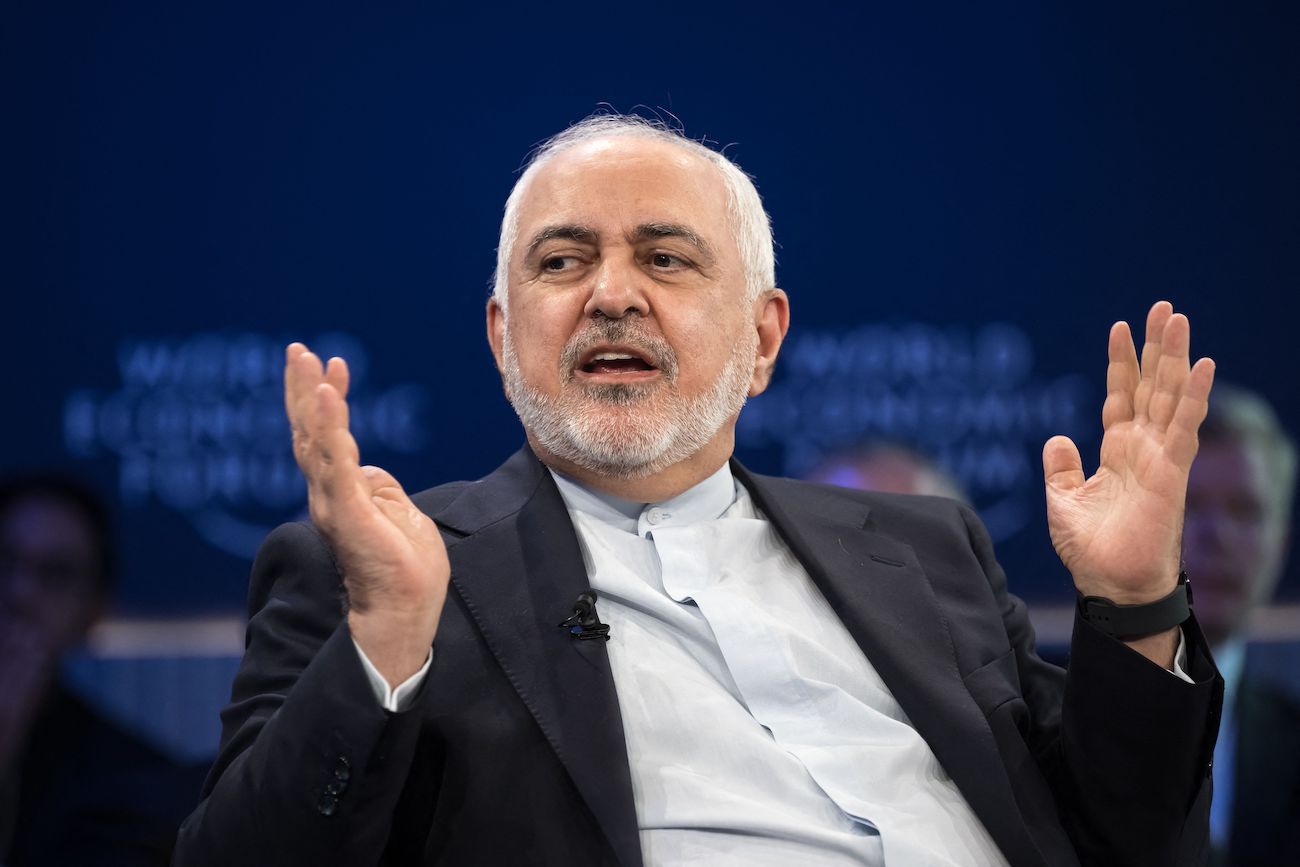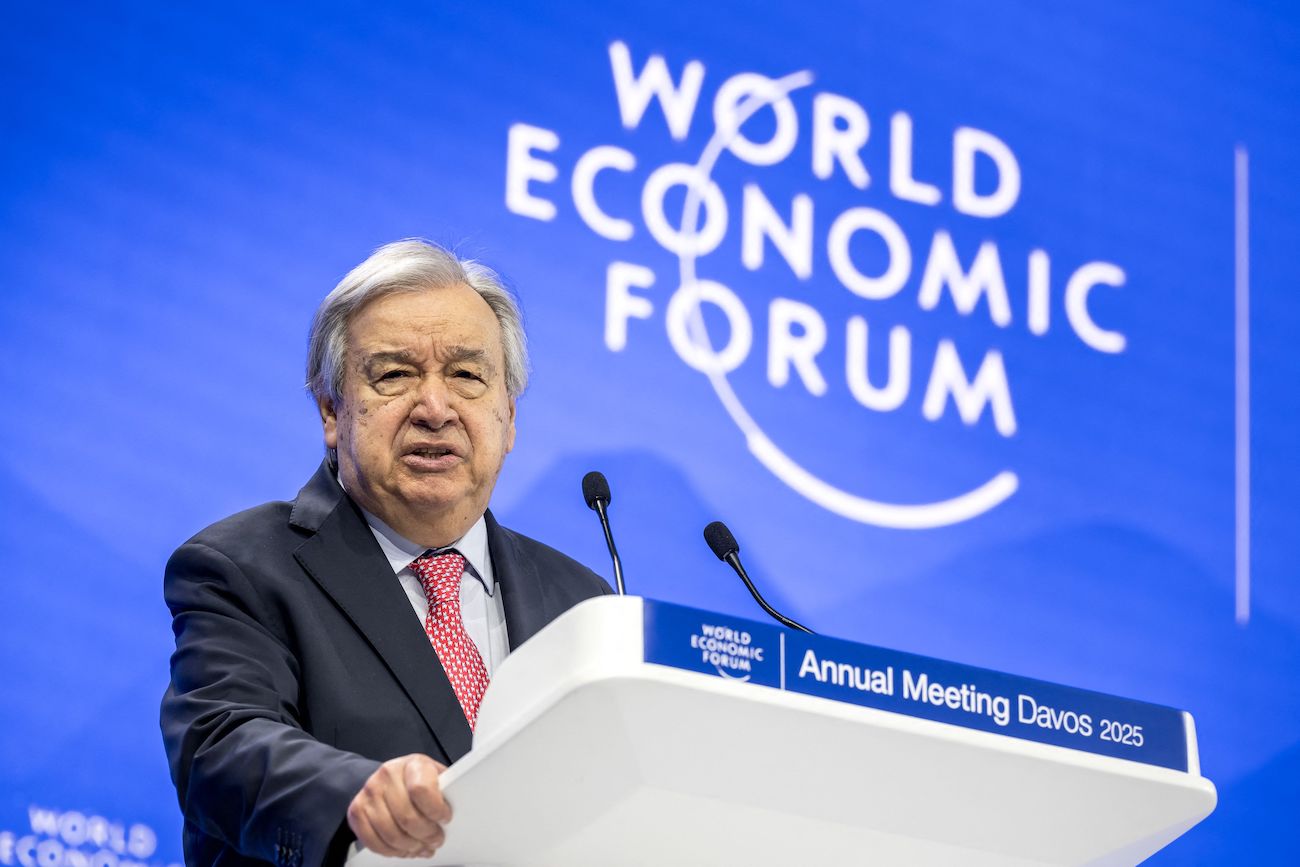JERUSALEM: Lebanon said Sunday an air strike killed three people near Sidon in the south as more bombs hit the east and Israeli Prime Minister Benjamin Netanyahu visited his country’s northern border.
The latest attacks on eastern Lebanon came after Israel warned it would again hit Hezbollah targets there.
Netanyahu’s office said the premier “visited the Lebanon border today,” his second such trip in a month.
He vowed to respond “firmly” to Hezbollah’s attacks and to prevent the group from rearming, his office said.
“I want to be clear: with or without an agreement, the key to restoring peace and security in the north, the key to bringing our northern residents back home safely, is first and foremost to push Hezbollah back beyond the Litani River, secondly to target any attempt to rearm, and thirdly to respond firmly to any action taken against us,” Netanyahu told soldiers at the border, according to a statement from his office.
It came as Israel’s military said more than 100 projectiles were fired from Lebanon into Israeli territory on Sunday.
Several were intercepted, and some fell in unpopulated areas.
Israel and Iran-backed Hezbollah in Lebanon have been at war since September 23, when Israel escalated cross-border air raids after a year of tit-for-tat exchanges of fire. A week later it sent in ground troops on “targeted raids.”
Hezbollah said it was acting in support of Palestinian militants Hamas, whose unprecedented attack against Israel on October 7 last year triggered the ongoing war in Gaza.
“The Israeli enemy’s raid on Haret Saida resulted in an initial death toll of three people killed and nine others injured,” Lebanon’s health ministry said, referring to a densely populated area near Sidon.
Lebanon’s official National News Agency (NNA) reported another Israeli strike south of Sidon, on the town of Ghaziyeh.
That strike hit a residential building, according to an AFP correspondent, who said a child was rescued from the rubble.
NNA said other Israeli strikes hit near a hospital in Tebnine, a town in the south Lebanon district of Bint Jbeil. Tebnine’s major told AFP the hospital was significantly damaged.
Neither the Haret Saida strike nor those in Lebanon’s south were preceded by an Israeli evacuation warning.
Israel’s military did issue a warning for Lebanon’s Baalbek area, which includes east Lebanon’s main city and UNESCO-designated Roman ruins, saying it would be targeting Hezbollah-linked facilities.
An AFP correspondent later reported at least three strikes in the Baalbek area, where Hezbollah holds sway and which has seen heavy air raids in the past few days.
Also on Sunday, Lebanese state media reported the recovery of five bodies from the flashpoint southern town of Khiam.
They were among 21 bodies that have been trapped under rubble in Khiam for around one week, according to the NNA.
The war has killed more than 1,930 people in Lebanon since September 23, according to an AFP tally of Lebanese health ministry figures.
Israel’s military says 38 soldiers have been killed in the Lebanon campaign since it began ground operations.
Iran and Israel have recently attacked each other directly, heightening fears of even wider conflict.
But Iran’s President Masoud Pezeshkian on Sunday said a potential ceasefire with its allies “could affect the intensity and type of our response.”
Iran’s supreme leader Ayatollah Ali Khamenei had on Saturday warned Israel and the United States they “will definitely receive a tooth-breaking response.”
Israel has warned Iran against responding to its October 26 attack.
On Sunday demonstrators burned Israeli and US flags outside the former American embassy in Tehran to mark the anniversary of the 1979 hostage crisis that has shaped relations between Washington and Tehran ever since.
American B-52 bombers have arrived in the Middle East, the US military said on Saturday, as part of reinforcements being deployed in a warning to Iran.
In Gaza Israel’s military again reported “dozens” of militants killed in the northern Jabalia area where, Israeli forces have since October 6 carried out a major air and ground assault to stop Hamas from regrouping.
In central Gaza on Sunday, people crowded to receive sacks of flour from a distribution point of the United Nations agency for Palestinian refugees (UNRWA) in Deir el-Balah.
Israel’s parliament last Monday banned UNRWA — the main aid agency in Gaza — from operating in Israel and occupied east Jerusalem, despite international objections.
If implemented, the ban would hit humanitarian work in Gaza, experts say.
The ban came after the United States on October 15 warned Israel it could withhold some of its billions of dollars in military assistance unless it improves aid delivery to Gaza within 30 days.
Also in Deir el-Balah on Sunday, relatives at Al-Aqsa Martyrs Hospital mourned a father and son killed during Israeli bombardment.
Hamas’s October 7 attack on Israel resulted in 1,206 deaths, mostly civilians, according to an AFP tally of Israeli official figures.
Israel’s military response against Hamas has killed 43,341 people in Gaza, a majority of them civilians, according to figures from the Hamas-run territory’s health ministry which the United Nations consider to be reliable.
















